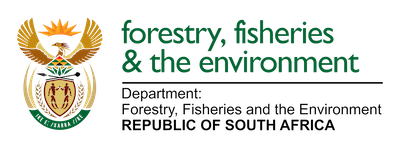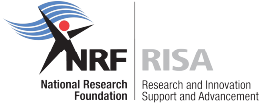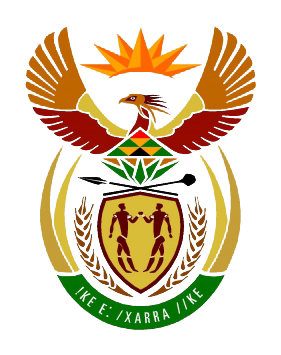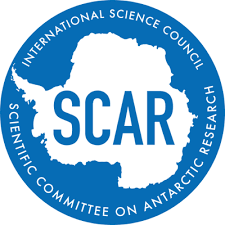
by Ria Olivier | Jul 25, 2020 | Antarctica, Research, SANAP, SANAP Student, SCAR
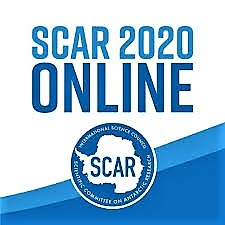 SCAR2020 Online starts on Monday 27th July with related events, with the conference starting on Monday 3rd August till 7th August with an APECS workshop from 11-13 August2020.
SCAR2020 Online starts on Monday 27th July with related events, with the conference starting on Monday 3rd August till 7th August with an APECS workshop from 11-13 August2020.
“ SCAR’s Open Science Conferences have been a focal point for the Antarctic research community for over fifteen years. Through SCAR 2020 Online we are excited to present many of the highlights of the science we had originally planned to bring to you at the Hobart OSC, which was sadly cancelled due to the COVID-19 pandemic.”
SCAR2020 online include Plenary Events, Workshops, Mini-Symposia and Related events
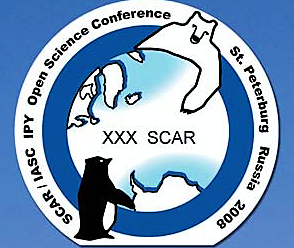
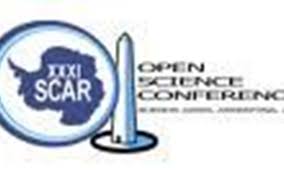
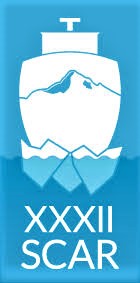
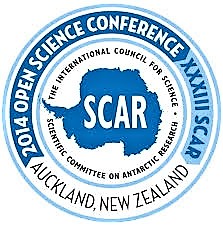
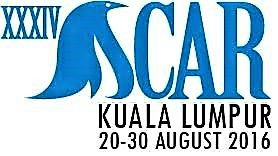
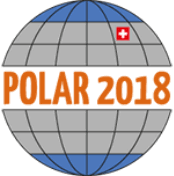 South Africa has been part of SCAR since 1959 and over the years researchers of South Africa attended these conferences. Over the past decades, principal investigators of SANAP and their students gave oral and poster presentations. This year the XXXVI SCAR was scheduled to be held in Hobart, Tasmania, Australia from 31 July to 11 August 2020. A big group of South Africans were going to attend this meeting. Scientists, researchers and students submitted abstracts for the conference, although not all of these will be orally presented (some will be available on virtual display). All the abstracts have been compiled in a book of abstracts.
South Africa has been part of SCAR since 1959 and over the years researchers of South Africa attended these conferences. Over the past decades, principal investigators of SANAP and their students gave oral and poster presentations. This year the XXXVI SCAR was scheduled to be held in Hobart, Tasmania, Australia from 31 July to 11 August 2020. A big group of South Africans were going to attend this meeting. Scientists, researchers and students submitted abstracts for the conference, although not all of these will be orally presented (some will be available on virtual display). All the abstracts have been compiled in a book of abstracts.
| SCAR2020 Online – Related Events (UTC time) |
| Monday, 27 July 2020 |
| * |
0600-0800 |
Session 25 |
Sea ice in the atmosphere-ice-ocean-biosphere system |
| * |
0930-1130 |
Session 36 |
Antarctic Heritage |
| * |
1100-1300 |
Session 25 |
Sea ice in the atmosphere-ice-ocean-biosphere system |
| * |
1200-1530 |
Session 36 |
Environmental factors driving diversity and composi on of fossil and living Antarctic communities |
| Tuesday, 28 July 2020 |
| |
1300-1600 |
Meeting |
SOOS West Antarctic Peninsula and Scotia Arc Regional Working Group Committee meeting |
| * |
1300-1500 |
Session 41 |
Living and Working in Antarctica, Session A |
| |
1400-1600 |
Workshop |
Biogeochemical Argo Workshop |
| |
1800-2230 |
Session 5 |
Antarctic Sea ice variability and change |
| * |
2000-2200 |
Session 41 |
Living and Working in Antarc ca, Session B |
| Wednesday, 29 July 2020 |
| |
0500-0800 |
Session 46 |
Public Engagements with Antarc ca in a Changing Climate |
| |
1200-1400 |
Session 36 |
Environmental factors driving diversity and composi on of fossil and living Antarctic communi es – Session 2 |
| Thursday, 30 July 2020 |
| |
0900-1100 |
Session 45 |
Inclusive Collaborations in Antarctic Research |
| |
1800-2200 |
Workshop |
ASPeCt* Workshop |
| |
2000-2130 |
Meeting |
Geothermal Heat Flow Side Meeting |
| Friday, 31 July 2020 |
| |
0600-0800 |
Session 37 |
The ATS, Interna onal Law and Governance, Session 2 |
| |
1300-1500 |
Session 37 |
The ATS, Interna onal Law and Governance, Session 2 |
Above schedule for 27th -31st July. “The full program will be uploaded in coming days on the SCAR2020 website. Please note that session start and end times may change slightly in the final program to allow for smooth transition between sessions.” See schedule with an indication(*) of where South Africans will be participating – the schedule will change over the next two weeks, follow us on Twitter (@Antarcticlegacy) and FaceBook to keep track of changes. Below this week schedule.
All the best to all our presenters during SCAR2020 Online!!

by Ria Olivier | Jul 19, 2020 | Fellowship, Research, SA Agulhas II, SANAP, Science, SEAmester, Southern Ocean

 The SEAmester programme is a marine science winter school founded by Prof. Isabelle Ansorge of UCT which takes place at sea and provides the perfect platform for coupling both academic research and learning. Every year approximately 100 students, lecturers and scientists from over 15 different institutions (both local and international) come together for approximately 10 days at sea onboard the SA Agulhas II. SEAmester exposes postgraduate students to multiple different marine science disciplines through daily lectures, practicals, and regular interaction with many professionals conducting their research onboard South Africa’s state of the art research vessel.
The SEAmester programme is a marine science winter school founded by Prof. Isabelle Ansorge of UCT which takes place at sea and provides the perfect platform for coupling both academic research and learning. Every year approximately 100 students, lecturers and scientists from over 15 different institutions (both local and international) come together for approximately 10 days at sea onboard the SA Agulhas II. SEAmester exposes postgraduate students to multiple different marine science disciplines through daily lectures, practicals, and regular interaction with many professionals conducting their research onboard South Africa’s state of the art research vessel.
 3 of the 4 previous SEAmester cruises have sampled the Agulhas System Climate Array (ASCA) transect. ASCA was an array of moorings deployed across the Agulhas Current from April 2016 to May 2018, in order to better understand the physical properties and dynamics of the Agulhas Current. The ASCA project extended the research undertaken along this array during the Agulhas Current Time-series project by continuing to sample the same 20 hydrographic stations. In-situ data in the Agulhas Current is very rare, and the collaborative, multi-disciplinary approach adopted during SEAmester has greatly improved our understanding of the complex Agulhas Current System. More information in paper by Morris et al., 2017 Above: Location of the stations sampled during SEAmester. Figure by James Maitland.
3 of the 4 previous SEAmester cruises have sampled the Agulhas System Climate Array (ASCA) transect. ASCA was an array of moorings deployed across the Agulhas Current from April 2016 to May 2018, in order to better understand the physical properties and dynamics of the Agulhas Current. The ASCA project extended the research undertaken along this array during the Agulhas Current Time-series project by continuing to sample the same 20 hydrographic stations. In-situ data in the Agulhas Current is very rare, and the collaborative, multi-disciplinary approach adopted during SEAmester has greatly improved our understanding of the complex Agulhas Current System. More information in paper by Morris et al., 2017 Above: Location of the stations sampled during SEAmester. Figure by James Maitland.
 Left: Last year during SEAmester IV we experienced 3 consecutive cold fronts with resulting waves of up to 10m in size. This rough weather meant we were only able to sample 16 out of 20 of our planned stations. Photo credit: Thando Mazomba
Left: Last year during SEAmester IV we experienced 3 consecutive cold fronts with resulting waves of up to 10m in size. This rough weather meant we were only able to sample 16 out of 20 of our planned stations. Photo credit: Thando Mazomba
Sampling during SEAmester IV has included physical oceanography, biogeochemistry, phytoplankton, zooplankton, ichthyoplankton, microplastics, marine parasites, marine bacteria, marine seabirds and mammals, meteorology, benthic dredge sampling and more. SEAmester has provided an incredible opportunity for scientists from different disciples to work together and at the same time providing students with invaluable seagoing experience. The 5th SEAmester cruise which was due to take place this week has unfortunately been postponed until next year due to COVID-19.
 SEAmester has changed the lives of students! “Department of Science and Innovation’s 10-year Global Change Grand Challenge programme requires platforms to ‘attract young researchers and retain them by exciting their interest in aspects of global change; while developing their capacity and professional skills in the relevant fields of investigation.” – Isabelle Ansorge
SEAmester has changed the lives of students! “Department of Science and Innovation’s 10-year Global Change Grand Challenge programme requires platforms to ‘attract young researchers and retain them by exciting their interest in aspects of global change; while developing their capacity and professional skills in the relevant fields of investigation.” – Isabelle Ansorge
- “This programme has been the best experience in my life. It changed my outlook on how to gather knowledge, where to do research, how to think logically as well as to be creative and intuitive”
- “I have made so many new friends and build up my contacts for future endeavours”
- “SEAmester has made me realise that I have a passion for ocean-based research”
- “It has greatly influenced my general career goals and aims”
- “I really enjoyed meeting so many people from a diverse range of backgrounds and sciences”
- “I loved the way the content of SEAmester has helped me to link up all the theory that I have learnt over the years”
- “SEAmester was the best experience of my life”
- “I hope that SEAmester will continue in years so other students get the chance to have such an awesome experience”
- “I have been changed positively by this course – I am more motivated to tackle my studies”
- Just being together as a team – it didn’t matter what your background was”
- “It was a time of my life that I will never ever forget”

 Text Supplied by Laura Braby – SAEON- Egagasini Node. Student Comments supplied by Isabelle Ansorge. Images available on Antarctic Legacy of South Africa Archive. More videos and images available at www.seamester.co.za
Text Supplied by Laura Braby – SAEON- Egagasini Node. Student Comments supplied by Isabelle Ansorge. Images available on Antarctic Legacy of South Africa Archive. More videos and images available at www.seamester.co.za

by Ria Olivier | Jul 17, 2020 | Antarctica, SANAE, SANAP, Science, SEAmester
 Stephen involvement in SANAP started back in 2016 when he was a student at UCT. He was working towards his Honours degree in Environmental Management when he came across the SEAmester programme and the opportunity to go to sea. “I applied and successfully made it into the programme. This was a huge moment as Antarctica and the South Africa’s prized research vessel, the SA Agulhas II, have always fascinated me. I loved every minute of the SEAmester programme, so much so that I spent every moment of extra time learning about all the science instruments used on the expeditions to Antarctica. Later that year I was granted the opportunity to participate in the SANAE 56 take over expedition. As expected, I did indeed fall in love with Antarctica.
Stephen involvement in SANAP started back in 2016 when he was a student at UCT. He was working towards his Honours degree in Environmental Management when he came across the SEAmester programme and the opportunity to go to sea. “I applied and successfully made it into the programme. This was a huge moment as Antarctica and the South Africa’s prized research vessel, the SA Agulhas II, have always fascinated me. I loved every minute of the SEAmester programme, so much so that I spent every moment of extra time learning about all the science instruments used on the expeditions to Antarctica. Later that year I was granted the opportunity to participate in the SANAE 56 take over expedition. As expected, I did indeed fall in love with Antarctica.


 Throughout my university career I had been very involved in home-brewing and the brewing industry. I was virtually brewing as much as I was studying and started a nano brewery in the back of a local Cape Town pub. I would bounce between classes and the brewery daily spending most of my time forging relationships with bars and brewers. Before I knew it, this hobby had turned into a functioning business. I had a small range of beers that I would sell before I’d even brewed the beer. As a student, cash and cash flow are always a difficulty and this sales approach (which is very unusual) worked for my situation.
Throughout my university career I had been very involved in home-brewing and the brewing industry. I was virtually brewing as much as I was studying and started a nano brewery in the back of a local Cape Town pub. I would bounce between classes and the brewery daily spending most of my time forging relationships with bars and brewers. Before I knew it, this hobby had turned into a functioning business. I had a small range of beers that I would sell before I’d even brewed the beer. As a student, cash and cash flow are always a difficulty and this sales approach (which is very unusual) worked for my situation.


 The SANAE 56 take over expedition was an experience that changed my life for the better. I learnt the importance of science and exploration as a fundamental duty to better protect our planet. I was amazed by the commitment of the scientists and researchers involved in ocean and Antarctic studies. It was also on this expedition that I read and learnt about the great Sir Ernest Shackleton, whose unrivaled story of leadership, exploration and survival had an impact on me. So much so that upon returning from Antarctica I decided to name our brewery Shackleton Brewing Company. Our goal as a brand is to inspire people through Shackleton’s endeavor and acknowledge the value of research in ocean and Antarctic studies. This has always been a focus on the brand and translating this through our products.
The SANAE 56 take over expedition was an experience that changed my life for the better. I learnt the importance of science and exploration as a fundamental duty to better protect our planet. I was amazed by the commitment of the scientists and researchers involved in ocean and Antarctic studies. It was also on this expedition that I read and learnt about the great Sir Ernest Shackleton, whose unrivaled story of leadership, exploration and survival had an impact on me. So much so that upon returning from Antarctica I decided to name our brewery Shackleton Brewing Company. Our goal as a brand is to inspire people through Shackleton’s endeavor and acknowledge the value of research in ocean and Antarctic studies. This has always been a focus on the brand and translating this through our products.

 My biggest life decision came after the SANAE 56 take over expedition. I had to choose whether to continue my studies or work in the field that I had studied or to pursue the brewing business. At the time the business did not feel like a sustainable option, but I saw it as an experience that I could learn from. It all fell into place when I secured an investor that funded a proposal, I put forward to purchase a brewery from the UK. Signed, sealed and my brewing path had been decided. I spent two months in the UK packing up a brewery into a container to send back to Cape Town. The equipment was in perfect condition when it landed after a long cruise from Bristol port. Over the next few years, the business grew, and the brand has become established in the brewing industry.
My biggest life decision came after the SANAE 56 take over expedition. I had to choose whether to continue my studies or work in the field that I had studied or to pursue the brewing business. At the time the business did not feel like a sustainable option, but I saw it as an experience that I could learn from. It all fell into place when I secured an investor that funded a proposal, I put forward to purchase a brewery from the UK. Signed, sealed and my brewing path had been decided. I spent two months in the UK packing up a brewery into a container to send back to Cape Town. The equipment was in perfect condition when it landed after a long cruise from Bristol port. Over the next few years, the business grew, and the brand has become established in the brewing industry.

 It had always been a goal to collaborate with Univeristy of Cape Town and the Oceanography department, which has given me so much. Our idea came into fruition as we set out to celebrate science and sustainability in the form of a beer. Using the discarded Antarctic sea ice cores as the primary ingredient (water), we made a beer that embodied the message of science and sustainability. The beer used organic malt, sensibly harvested hops and packaged in a handmade wooden box with the story about the project. We partnered with institutions and organisations who played an important role in making this product possible. Shackleton has committed 10% of all the beer sales to be donated to the SEAmester programme in the hopes of funding 1 extra student to have the experience I did. It was a brilliant launch night with Antarctic Legacy of South Africa (a partner in the project) displaying books, info packs etc for the guests to read. Many people don’t know the value of the research done in Antarctica and this night was an experience that educated and celebrated science to our beer community.
It had always been a goal to collaborate with Univeristy of Cape Town and the Oceanography department, which has given me so much. Our idea came into fruition as we set out to celebrate science and sustainability in the form of a beer. Using the discarded Antarctic sea ice cores as the primary ingredient (water), we made a beer that embodied the message of science and sustainability. The beer used organic malt, sensibly harvested hops and packaged in a handmade wooden box with the story about the project. We partnered with institutions and organisations who played an important role in making this product possible. Shackleton has committed 10% of all the beer sales to be donated to the SEAmester programme in the hopes of funding 1 extra student to have the experience I did. It was a brilliant launch night with Antarctic Legacy of South Africa (a partner in the project) displaying books, info packs etc for the guests to read. Many people don’t know the value of the research done in Antarctica and this night was an experience that educated and celebrated science to our beer community.



 Why you love your career in science?I have a huge obsession with business and the many ways to make success out of it. That said, it’s incredibly difficult to actually succeed. Where I feel my true expertise, lie is in the science of brewing. I love the care and attention to all variables that create the outcome. Small slip ups in brewing have exponential knock on effects in the end product. There is science in controlling these variables to consistently producing the same product. There is a saying which I really appreciate – “brewing beer is a science but brewing great beer is an art”. I believe if you can marry the two, you’ll have success in the quality of the product.
Why you love your career in science?I have a huge obsession with business and the many ways to make success out of it. That said, it’s incredibly difficult to actually succeed. Where I feel my true expertise, lie is in the science of brewing. I love the care and attention to all variables that create the outcome. Small slip ups in brewing have exponential knock on effects in the end product. There is science in controlling these variables to consistently producing the same product. There is a saying which I really appreciate – “brewing beer is a science but brewing great beer is an art”. I believe if you can marry the two, you’ll have success in the quality of the product.


 My message to future scientists and researchers: “I believe that science and exploration is a noble pursuit but undoubtedly a rewarding one. It is also our duty to better understand the world and how best to preserve nature its beauty. There is also infinite amount of problems to solve and hypothesize to prove. By becoming a scientist, I believe you are an explorer with intrigue and wonder. I have had the privilege of working with ground-breaking scientists and researchers who have dedicated their life contributing to our collective knowledge about the world.”
My message to future scientists and researchers: “I believe that science and exploration is a noble pursuit but undoubtedly a rewarding one. It is also our duty to better understand the world and how best to preserve nature its beauty. There is also infinite amount of problems to solve and hypothesize to prove. By becoming a scientist, I believe you are an explorer with intrigue and wonder. I have had the privilege of working with ground-breaking scientists and researchers who have dedicated their life contributing to our collective knowledge about the world.”
Images: Herman Luyt, Stephen Peel, Antarctic Legacy of South Africa. Text by Stephen Peel.

by Ria Olivier | Jul 17, 2020 | Antarctica, Research, SA Agulhas II, SANAP Student, Science, SEAmester, Southern Ocean
 Where did it all started for Tahlia: “From an early age I have had an unbridled passion for the ocean and understanding technology, which led me to pursue my studies in Oceanography at the Cape Peninsula University of Technology (CPUT). I chose to study here as it provided a platform to not only gain academic experience within an oceanographic context, but to also gain field experience. In my third year (2014) I was placed at Bayworld Centre of Research and Education (BCRE) in order to complete a number of research projects which spanned across an array of oceanographic disciplines, namely: Marine Instrumentation, Marine Resource Management, Ocean Sciences and Marine Outreach. This placement exposed me to the different aspects of oceanography and allowed me to find my particular field of interest. It was there, at BCRE, that I was exposed to physical oceanography, data processing and development of marine instrumentation. I knew that I had found my niche within the oceanographic community and would strive to further my education, work experience and continue to learn and grow within this sector. After earning a National Diploma, I completed a BTech degree where I continued to work part-time at BCRE and develop my final research project. This project focused on the development of two sub-sea moorings, each housing a 75 kHz Acoustic Doppler Current Profiler (ADCP), which I was fortunate enough to deploy between two sub-Antarctic Islands—Marion Island and Prince Edward Island—while aboard the research vessel, SA Agulhas II.
Where did it all started for Tahlia: “From an early age I have had an unbridled passion for the ocean and understanding technology, which led me to pursue my studies in Oceanography at the Cape Peninsula University of Technology (CPUT). I chose to study here as it provided a platform to not only gain academic experience within an oceanographic context, but to also gain field experience. In my third year (2014) I was placed at Bayworld Centre of Research and Education (BCRE) in order to complete a number of research projects which spanned across an array of oceanographic disciplines, namely: Marine Instrumentation, Marine Resource Management, Ocean Sciences and Marine Outreach. This placement exposed me to the different aspects of oceanography and allowed me to find my particular field of interest. It was there, at BCRE, that I was exposed to physical oceanography, data processing and development of marine instrumentation. I knew that I had found my niche within the oceanographic community and would strive to further my education, work experience and continue to learn and grow within this sector. After earning a National Diploma, I completed a BTech degree where I continued to work part-time at BCRE and develop my final research project. This project focused on the development of two sub-sea moorings, each housing a 75 kHz Acoustic Doppler Current Profiler (ADCP), which I was fortunate enough to deploy between two sub-Antarctic Islands—Marion Island and Prince Edward Island—while aboard the research vessel, SA Agulhas II.

 Following the completion of my BTech degree, I continued to work on this mooring data over the next four years, returning to Marion Island and ensuring the safe retrieval and re-deployment of the sub-sea moorings. The data collected formulated the basis of my MSc research project, entitled Impact of ocean variability on Shelf-Seas surrounding the sub-Antarctic Prince Edward Islands.
Following the completion of my BTech degree, I continued to work on this mooring data over the next four years, returning to Marion Island and ensuring the safe retrieval and re-deployment of the sub-sea moorings. The data collected formulated the basis of my MSc research project, entitled Impact of ocean variability on Shelf-Seas surrounding the sub-Antarctic Prince Edward Islands.
In conjunction with my studies I’ve had the opportunity to take part in numerous oceanographic research cruises and expeditions. My first cruise, on board the RV Algoa with the operational oceanographic team from BCRE, exposed me to deep-sea mooring operations, in-situ data collection and hydrographic measurements. After this I joined the SA Agulhas II on its annual expedition to Gough Island and Tristan da Cunha, thereafter opening the door for numerous further excursions to sea. My subsequent extensive seagoing experience of over 20 cruises, from the North Sea, to sub-Antarctic islands, to Antarctica, has seen my responsibilities range from regularly being an oceanographic technician to acting as chief scientist on multiple occasions. In 2016 I was appointed as the co-ordinator of SEAmester, South Africa’s Class Afloat, which revealed a very different aspect of seagoing work, mainly from a logistic point of view and stepping into a teaching role. It has been truly rewarding to watch this programme grow over the last 5 years while working closely with Prof. Isabelle Ansorge, the Head of Department of Oceanography at the University of Cape Town. Together, we were able to mimic this programme on an international multi-disciplinary research cruise, the Antarctic Circumpolar Expedition (ACE), on board the RV Akademik Tryoshnikov as Leg Zero of a three-legged voyage.


 More recently I have been exposed to the commercial oceanographic industry by working as a marine technician for Lwandle Marine Technologies. Albeit a brief time spent with Lwandle, I have experienced a very different aspect of oceanography in practice. I worked on a variety of contracts utilising skills I’ve gained over the years such as commercial diving operations, in situ data collection and hands-on instrumentation repairs/maintenance. These contracts also opened the door to innovative ways of thinking, problem solving and team work. I was also involved in equipment sales, field trip logistics and ‘meet and greets’ with clients which have been a great learning opportunity.
More recently I have been exposed to the commercial oceanographic industry by working as a marine technician for Lwandle Marine Technologies. Albeit a brief time spent with Lwandle, I have experienced a very different aspect of oceanography in practice. I worked on a variety of contracts utilising skills I’ve gained over the years such as commercial diving operations, in situ data collection and hands-on instrumentation repairs/maintenance. These contracts also opened the door to innovative ways of thinking, problem solving and team work. I was also involved in equipment sales, field trip logistics and ‘meet and greets’ with clients which have been a great learning opportunity.

 In December 2018 I was hired by the Flotilla Foundation and Weddell Sea Expedition (WSE) to serve on board the SA Agulhas II for the WSE chartered voyage. I was employed as the CTD technician, CTD data analyst, laboratory manager and winch driver for all tethered instruments. It was truly a great privilege to form part of this prestigious voyage, conducting science around the Larsen ice-shelf, Weddell Sea basin and finally hunting for Sir Ernest Shackleton’s Endurance.
In December 2018 I was hired by the Flotilla Foundation and Weddell Sea Expedition (WSE) to serve on board the SA Agulhas II for the WSE chartered voyage. I was employed as the CTD technician, CTD data analyst, laboratory manager and winch driver for all tethered instruments. It was truly a great privilege to form part of this prestigious voyage, conducting science around the Larsen ice-shelf, Weddell Sea basin and finally hunting for Sir Ernest Shackleton’s Endurance.
In September 2019, I was accepted into the Hydrography MSc (taught Masters) programme offered at Plymouth University in England. Moving away from my family to a new country and starting a new masters seemed a daunting task. However, it was made easier by the amazing friends I made abroad. Plymouth became my home away from home and my friends became family. I gained an incredible amount of hands on experience within the Hydrographic industry and gained invaluable skills as a junior surveyor. Our lecturers are extremely dedicated and ensured that we were saturated in hydrographic literature and at the fore front of cutting edge hydrographic technology used within the industry. I am currently completing my dissertation in volumetric analysis of sediment transport over a prestigious ship wreck site. This is to aid the conservation, management of the wreck site and to provide first pass description of the sedimentology of the area. I am so excited about what the future may hold and look forward to blazing a path within the hydrographic industry and grow as a hydrographic surveyor.
 I love my career as it is ever changing and growing with the current climate or latest technological advances. I have been able to see the world, visit remote and beautiful locations, sail the high seas and build incredible bonds with fellow scientists. It isn’t always an easy journey, but conquering the challenge of this lifestyle and career choice is what makes it worthwhile. The sense of adventure is never ending and I’m always learning along the way. Madame Curie once said that nothing in life is to be fear but rather understood, so that we understand more and fear less. I think this gives us a great sense of pride in what we do and to strive to be curious about our world, to best understand, preserve it and pass the torch on to future generations.
I love my career as it is ever changing and growing with the current climate or latest technological advances. I have been able to see the world, visit remote and beautiful locations, sail the high seas and build incredible bonds with fellow scientists. It isn’t always an easy journey, but conquering the challenge of this lifestyle and career choice is what makes it worthwhile. The sense of adventure is never ending and I’m always learning along the way. Madame Curie once said that nothing in life is to be fear but rather understood, so that we understand more and fear less. I think this gives us a great sense of pride in what we do and to strive to be curious about our world, to best understand, preserve it and pass the torch on to future generations.
 To future researchers, be diligent, work hard and persevere throughout your career. There will be challenging days but there will also be days that out shadow the challenges and fuel your passion for science. Always be teachable no matter your age, and always willing to learn and lend a hand to your fellow scientists. The work you do throughout your career will not only impact and improve your life but will pave the way for those coming up behind you. So take pride in what your work, rise up to the challenges and enjoy the journey! (Right: Photo credit:Alexander Oelofse during SEAmester)
To future researchers, be diligent, work hard and persevere throughout your career. There will be challenging days but there will also be days that out shadow the challenges and fuel your passion for science. Always be teachable no matter your age, and always willing to learn and lend a hand to your fellow scientists. The work you do throughout your career will not only impact and improve your life but will pave the way for those coming up behind you. So take pride in what your work, rise up to the challenges and enjoy the journey! (Right: Photo credit:Alexander Oelofse during SEAmester)
Links to follow Tahlia or read more
Text and Images supplied by Tahlia Henry

by Ria Olivier | Jul 15, 2020 | Discover, Research, SA Agulhas II, SANAP, Science, SEAmester, Southern Ocean, STEM, Women in Science



 Isabelle as a child always wanted to be an oceanographer. “When I was 13 my father sent me off for 6 months on a Tall Ship to sail around Africa. And so, having grown up on sailing ships and sailing the world at a very young age it seemed only natural to follow in my passion to build a career around the sea.
Isabelle as a child always wanted to be an oceanographer. “When I was 13 my father sent me off for 6 months on a Tall Ship to sail around Africa. And so, having grown up on sailing ships and sailing the world at a very young age it seemed only natural to follow in my passion to build a career around the sea.


 I first studied at Plymouth University in the UK, where I completed a BSc in Ocean Sciences in 1992. I came to South Africa in 1993 and under the mentorship of Professor Lutjeharms in the Oceanography Department at UCT I started to turn this passion into a sea-going academic career.
I first studied at Plymouth University in the UK, where I completed a BSc in Ocean Sciences in 1992. I came to South Africa in 1993 and under the mentorship of Professor Lutjeharms in the Oceanography Department at UCT I started to turn this passion into a sea-going academic career.


 One of my first jobs at UCT was to gain seagoing experience in working with all ship-based equipment. I loved being at sea and felt that after my many experiences on both national and international research vessels that I would be good at teaching practical oceanography. And so began a long period of sea-going adventures between 1996 and 2016 in which UCT Honours students were taken to sea onboard the old SA Agulhas I and from 2012 the new SA Agulhas II. The training was always part of the 5 week Prince Edward Island relief voyage and in those days students had to work the winches, drive the CTD software, work up the data for mini-projects!
One of my first jobs at UCT was to gain seagoing experience in working with all ship-based equipment. I loved being at sea and felt that after my many experiences on both national and international research vessels that I would be good at teaching practical oceanography. And so began a long period of sea-going adventures between 1996 and 2016 in which UCT Honours students were taken to sea onboard the old SA Agulhas I and from 2012 the new SA Agulhas II. The training was always part of the 5 week Prince Edward Island relief voyage and in those days students had to work the winches, drive the CTD software, work up the data for mini-projects!

 Isabelle’s Working Life: “I was employed as a lecturer at UCT in 2006 and have worked hard to build a career both nationally and internationally in observational oceanography. My passion and love for the sea can be seen in the many opportunities that I create for students both at UCT, and as can be seen from the SEAmester Floating University across the entire country. I was the first female PhD graduate in Oceanography at UCT in 2000, I am the only female Full Professor in the Oceanography Department and the first female Head of Department in 2016. “
Isabelle’s Working Life: “I was employed as a lecturer at UCT in 2006 and have worked hard to build a career both nationally and internationally in observational oceanography. My passion and love for the sea can be seen in the many opportunities that I create for students both at UCT, and as can be seen from the SEAmester Floating University across the entire country. I was the first female PhD graduate in Oceanography at UCT in 2000, I am the only female Full Professor in the Oceanography Department and the first female Head of Department in 2016. “


 What drives me:” I love teaching students. Taking a student to sea and watching them learn and seeing their eyes light up when they first board the SA Agulhas II is extremely rewarding. Many of my former students have returned to sea either as senior researchers leading their own cohort of students, or they have built their career in marine management or moved into the academic field. It is so rewarding see young inexperienced students join a cruise and leave imbued with a new confidence and a passion for their discipline.
What drives me:” I love teaching students. Taking a student to sea and watching them learn and seeing their eyes light up when they first board the SA Agulhas II is extremely rewarding. Many of my former students have returned to sea either as senior researchers leading their own cohort of students, or they have built their career in marine management or moved into the academic field. It is so rewarding see young inexperienced students join a cruise and leave imbued with a new confidence and a passion for their discipline.
 “I am proud of the SEAmester programme and how we have been able to develop linkages with traditionally non marine universities both through their students joining as SEAmester students or their own Lecturers joining the academic programme. The state-of-the-art research vessel, SA Agulhas II, provides such an incredible teaching and research platform for this programme; its size, comfort and shipboard facilities allow groups of 46 students and 30 lecturers to productively interact over a period of 10 days as can the photo of Prof Gammon teaching students in the ship’s stairwell shows so well!.”
“I am proud of the SEAmester programme and how we have been able to develop linkages with traditionally non marine universities both through their students joining as SEAmester students or their own Lecturers joining the academic programme. The state-of-the-art research vessel, SA Agulhas II, provides such an incredible teaching and research platform for this programme; its size, comfort and shipboard facilities allow groups of 46 students and 30 lecturers to productively interact over a period of 10 days as can the photo of Prof Gammon teaching students in the ship’s stairwell shows so well!.”
 My advice to the young generation: “Four words – always take the initiative! In the UK the only sea-going opportunity I had was to work on the River Tamar outside of Plymouth! In South Africa our students go to Antarctica! But it takes you to make that difference. We have so many wonderful opportunities in South Africa and access to such incredible marine programmes and platforms but the sparkplug to get started must come from you. All academics get frustrated by students not willing to engage with their surroundings and
My advice to the young generation: “Four words – always take the initiative! In the UK the only sea-going opportunity I had was to work on the River Tamar outside of Plymouth! In South Africa our students go to Antarctica! But it takes you to make that difference. We have so many wonderful opportunities in South Africa and access to such incredible marine programmes and platforms but the sparkplug to get started must come from you. All academics get frustrated by students not willing to engage with their surroundings and  not even realise the enormous privilege it is to be on a research vessel such as the SA Agulhas II. You don’t have to be the brightest student in the class but by staying engaged, enthusiastic, interactive and dedicated to your studies you will always go much further in life. Opportunities are endless but it takes you to grab it!”
not even realise the enormous privilege it is to be on a research vessel such as the SA Agulhas II. You don’t have to be the brightest student in the class but by staying engaged, enthusiastic, interactive and dedicated to your studies you will always go much further in life. Opportunities are endless but it takes you to grab it!”
Text and Images supplied by Isabbelle Ansorge.
Visit SANAP website on Isabelle Ansorge’s current research projects within the program. Also see Sunday Science on SEAmester
https://youtu.be/0LUpdr-masA

 SCAR2020 Online starts on Monday 27th July with related events, with the conference starting on Monday 3rd August till 7th August with an APECS workshop from 11-13 August2020.
SCAR2020 Online starts on Monday 27th July with related events, with the conference starting on Monday 3rd August till 7th August with an APECS workshop from 11-13 August2020.

![]()


 South Africa has been part of SCAR since 1959 and over the years researchers of South Africa attended these conferences. Over the past decades, principal investigators of SANAP and their students gave oral and poster presentations. This year the XXXVI SCAR was scheduled to be held in Hobart, Tasmania, Australia from 31 July to 11 August 2020. A big group of South Africans were going to attend this meeting. Scientists, researchers and students submitted abstracts for the conference, although not all of these will be orally presented (some will be available on virtual display). All the abstracts have been compiled in a book of abstracts.
South Africa has been part of SCAR since 1959 and over the years researchers of South Africa attended these conferences. Over the past decades, principal investigators of SANAP and their students gave oral and poster presentations. This year the XXXVI SCAR was scheduled to be held in Hobart, Tasmania, Australia from 31 July to 11 August 2020. A big group of South Africans were going to attend this meeting. Scientists, researchers and students submitted abstracts for the conference, although not all of these will be orally presented (some will be available on virtual display). All the abstracts have been compiled in a book of abstracts.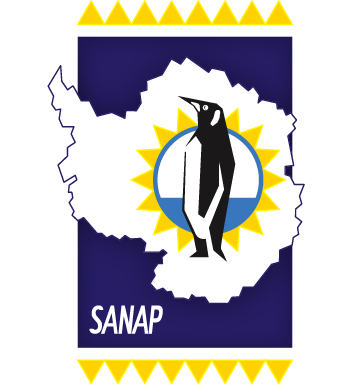
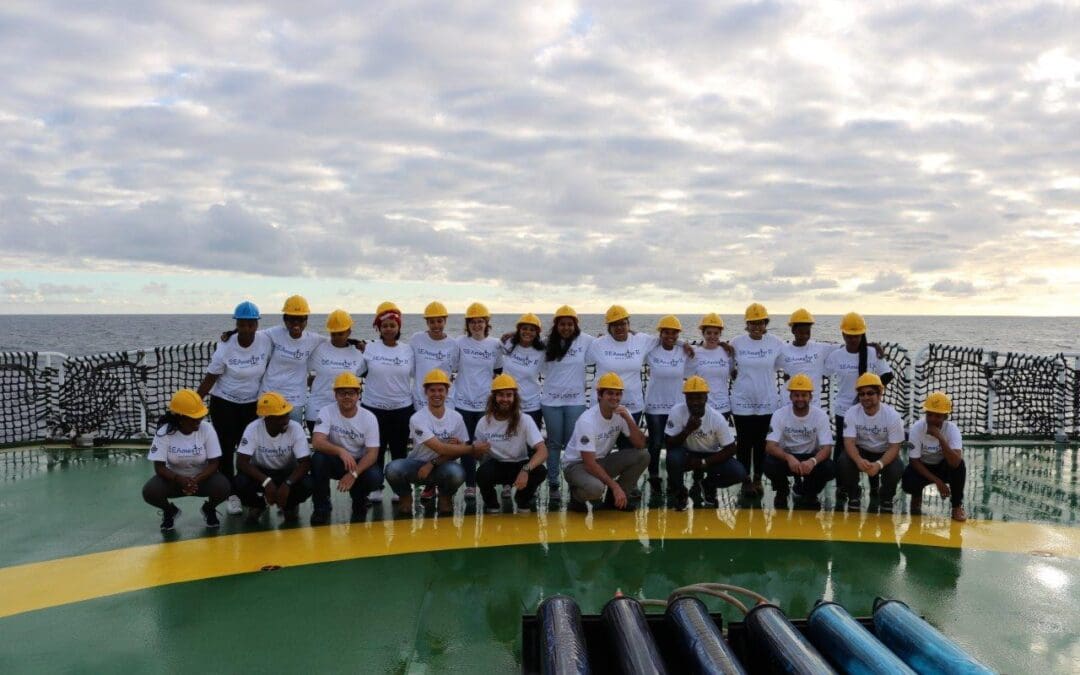


 3 of the 4 previous SEAmester cruises have sampled the Agulhas System Climate Array (ASCA) transect. ASCA was an array of moorings deployed across the Agulhas Current from April 2016 to May 2018, in order to better understand the physical properties and dynamics of the Agulhas Current. The ASCA project extended the research undertaken along this array during the Agulhas Current Time-series project by continuing to sample the same 20 hydrographic stations. In-situ data in the Agulhas Current is very rare, and the collaborative, multi-disciplinary approach adopted during SEAmester has greatly improved our understanding of the complex Agulhas Current System. More information in paper by
3 of the 4 previous SEAmester cruises have sampled the Agulhas System Climate Array (ASCA) transect. ASCA was an array of moorings deployed across the Agulhas Current from April 2016 to May 2018, in order to better understand the physical properties and dynamics of the Agulhas Current. The ASCA project extended the research undertaken along this array during the Agulhas Current Time-series project by continuing to sample the same 20 hydrographic stations. In-situ data in the Agulhas Current is very rare, and the collaborative, multi-disciplinary approach adopted during SEAmester has greatly improved our understanding of the complex Agulhas Current System. More information in paper by  Left: Last year during SEAmester IV we experienced 3 consecutive cold fronts with resulting waves of up to 10m in size. This rough weather meant we were only able to sample 16 out of 20 of our planned stations. Photo credit: Thando Mazomba
Left: Last year during SEAmester IV we experienced 3 consecutive cold fronts with resulting waves of up to 10m in size. This rough weather meant we were only able to sample 16 out of 20 of our planned stations. Photo credit: Thando Mazomba SEAmester has changed the lives of students! “
SEAmester has changed the lives of students! “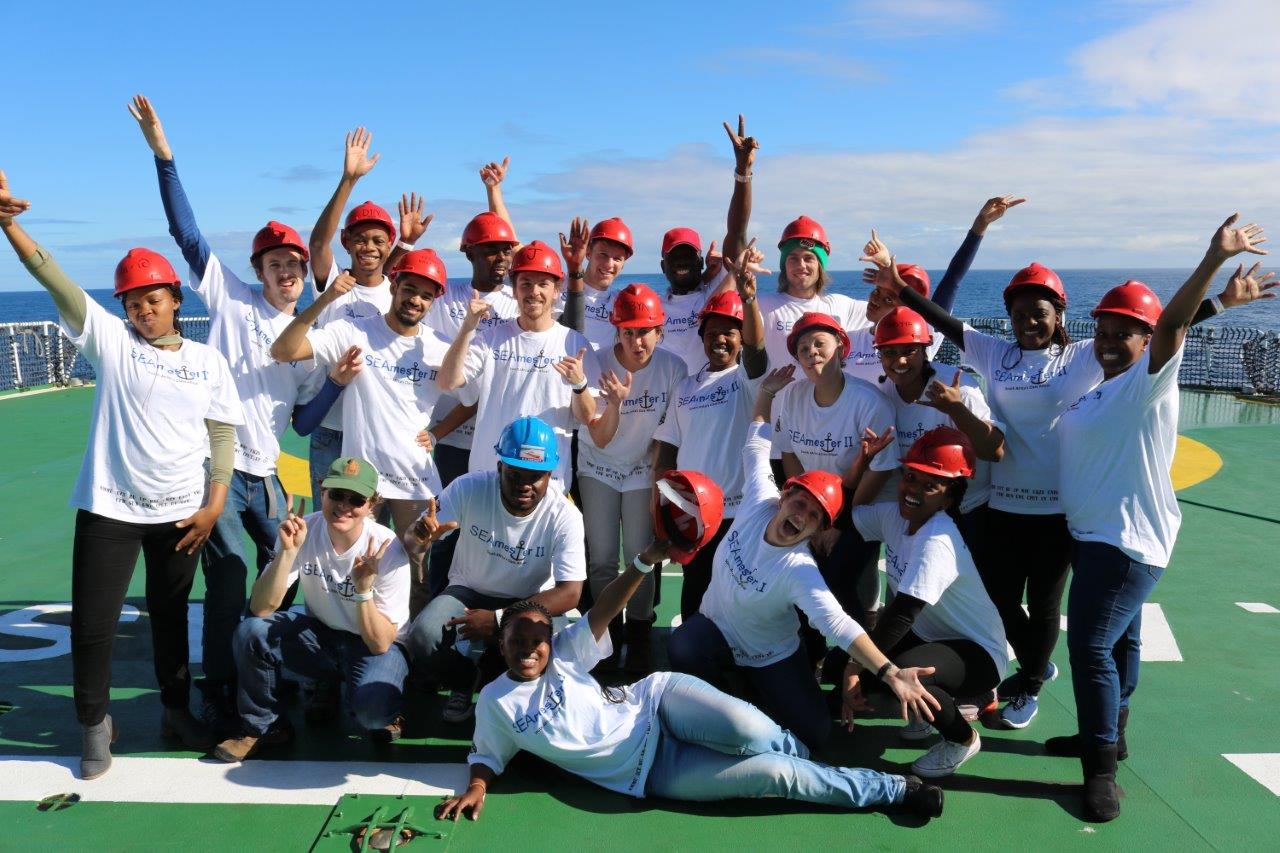
 Text Supplied by Laura Braby – SAEON- Egagasini Node. Student Comments supplied by Isabelle Ansorge. Images available on
Text Supplied by Laura Braby – SAEON- Egagasini Node. Student Comments supplied by Isabelle Ansorge. Images available on 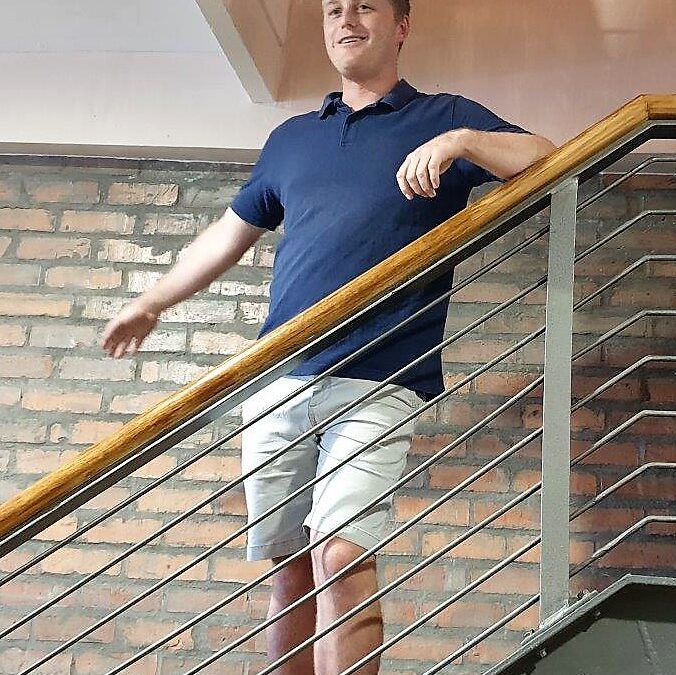
 Stephen involvement in SANAP started back in 2016 when he was a student at
Stephen involvement in SANAP started back in 2016 when he was a student at 

 Throughout my university career I had been very involved in home-brewing and the brewing industry. I was virtually brewing as much as I was studying and started a nano brewery in the back of a local Cape Town pub. I would bounce between classes and the brewery daily spending most of my time forging relationships with bars and brewers. Before I knew it, this hobby had turned into a functioning business. I had a small range of beers that I would sell before I’d even brewed the beer. As a student, cash and cash flow are always a difficulty and this sales approach (which is very unusual) worked for my situation.
Throughout my university career I had been very involved in home-brewing and the brewing industry. I was virtually brewing as much as I was studying and started a nano brewery in the back of a local Cape Town pub. I would bounce between classes and the brewery daily spending most of my time forging relationships with bars and brewers. Before I knew it, this hobby had turned into a functioning business. I had a small range of beers that I would sell before I’d even brewed the beer. As a student, cash and cash flow are always a difficulty and this sales approach (which is very unusual) worked for my situation.

 The
The 
 My biggest life decision came after the SANAE 56 take over expedition. I had to choose whether to continue my studies or work in the field that I had studied or to pursue the brewing business. At the time the business did not feel like a sustainable option, but I saw it as an experience that I could learn from. It all fell into place when I secured an investor that funded a proposal, I put forward to purchase a brewery from the UK. Signed, sealed and my brewing path had been decided. I spent two months in the UK packing up a brewery into a container to send back to Cape Town. The equipment was in perfect condition when it landed after a long cruise from Bristol port. Over the next few years, the business grew, and the brand has become established in the brewing industry.
My biggest life decision came after the SANAE 56 take over expedition. I had to choose whether to continue my studies or work in the field that I had studied or to pursue the brewing business. At the time the business did not feel like a sustainable option, but I saw it as an experience that I could learn from. It all fell into place when I secured an investor that funded a proposal, I put forward to purchase a brewery from the UK. Signed, sealed and my brewing path had been decided. I spent two months in the UK packing up a brewery into a container to send back to Cape Town. The equipment was in perfect condition when it landed after a long cruise from Bristol port. Over the next few years, the business grew, and the brand has become established in the brewing industry.
 It had always been a goal to collaborate with
It had always been a goal to collaborate with 
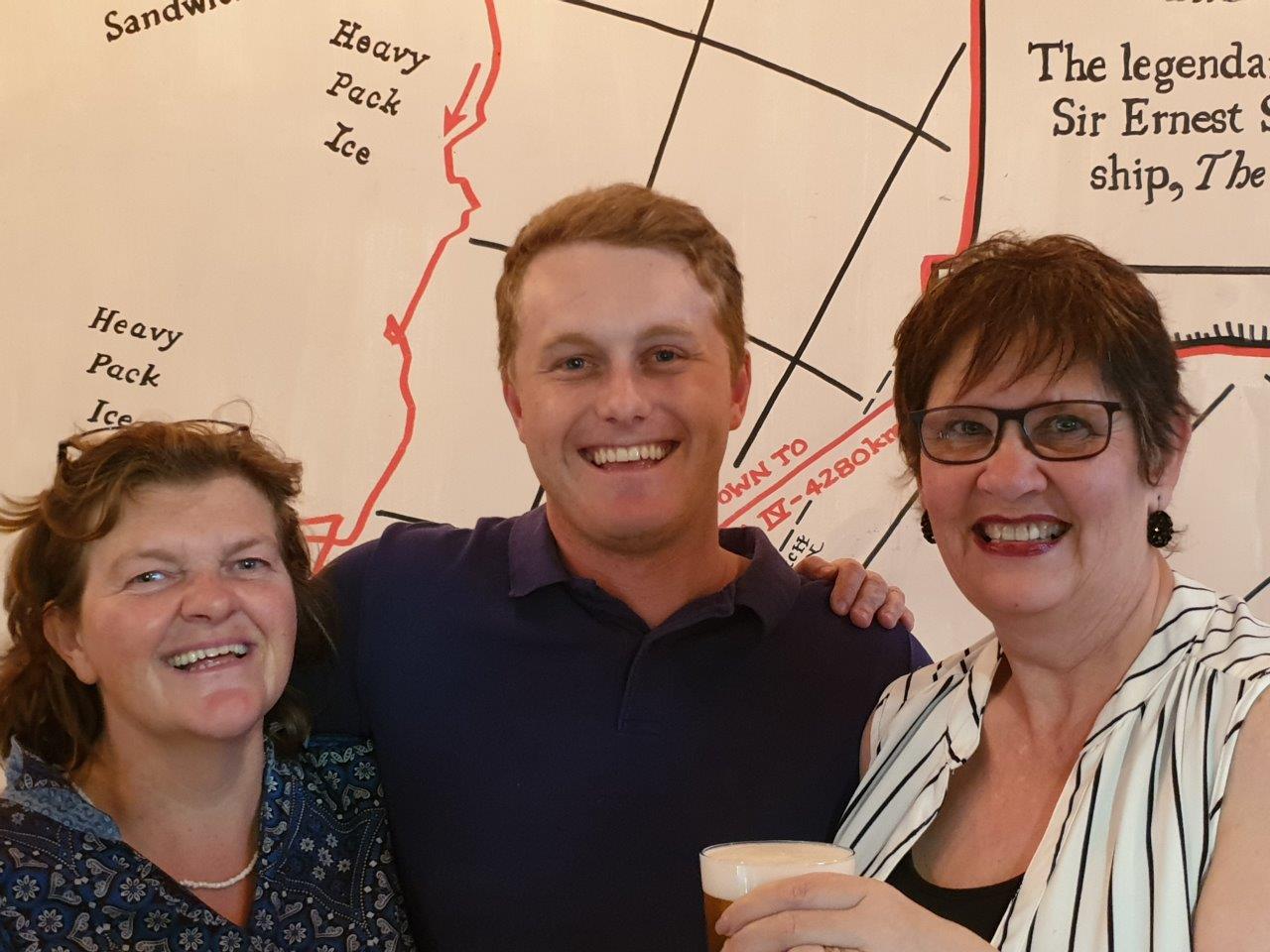
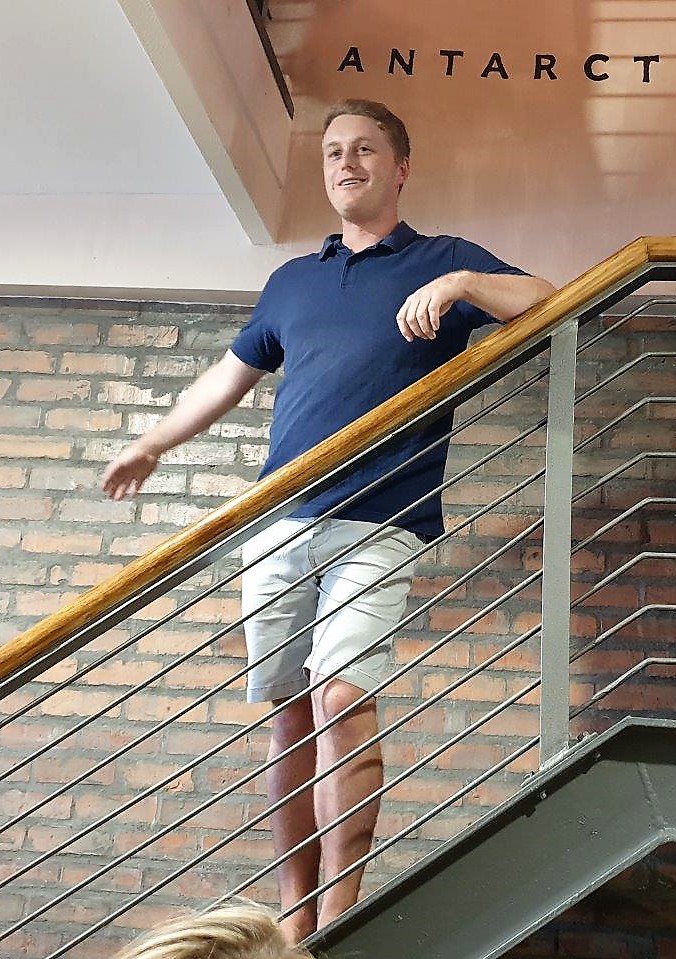
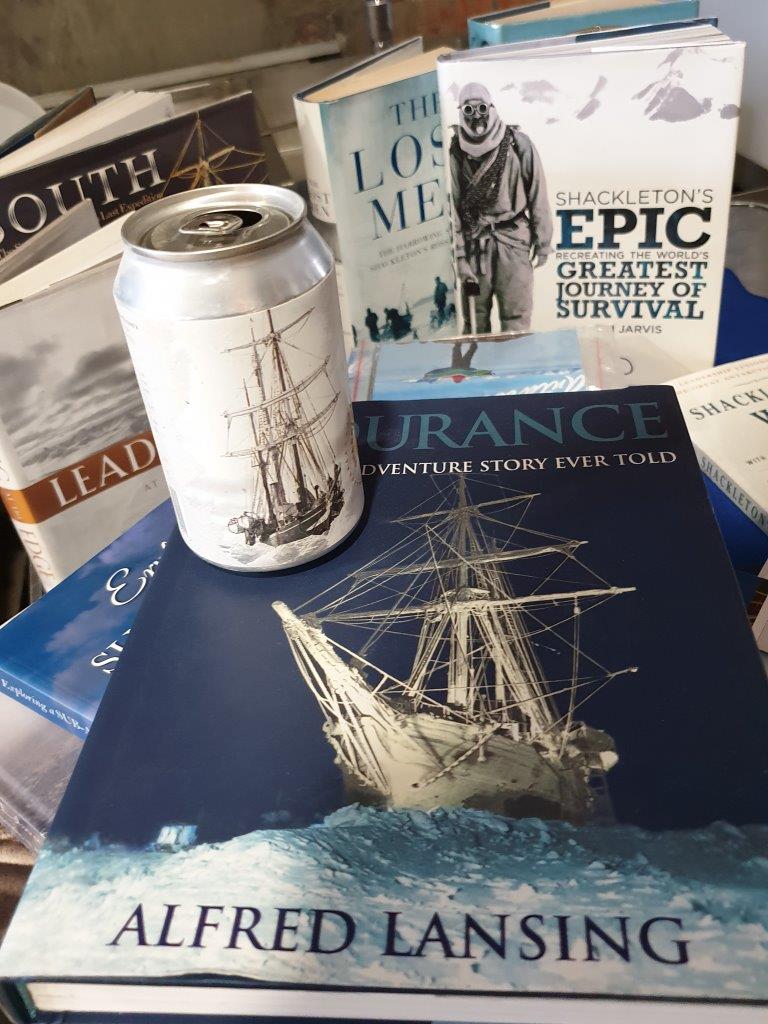 Why you love your career in science?I have a huge obsession with business and the many ways to make success out of it. That said, it’s incredibly difficult to actually succeed. Where I feel my true expertise, lie is in the science of brewing. I love the care and attention to all variables that create the outcome. Small slip ups in brewing have exponential knock on effects in the end product. There is science in controlling these variables to consistently producing the same product. There is a saying which I really appreciate – “brewing beer is a science but brewing great beer is an art”. I believe if you can marry the two, you’ll have success in the quality of the product.
Why you love your career in science?I have a huge obsession with business and the many ways to make success out of it. That said, it’s incredibly difficult to actually succeed. Where I feel my true expertise, lie is in the science of brewing. I love the care and attention to all variables that create the outcome. Small slip ups in brewing have exponential knock on effects in the end product. There is science in controlling these variables to consistently producing the same product. There is a saying which I really appreciate – “brewing beer is a science but brewing great beer is an art”. I believe if you can marry the two, you’ll have success in the quality of the product.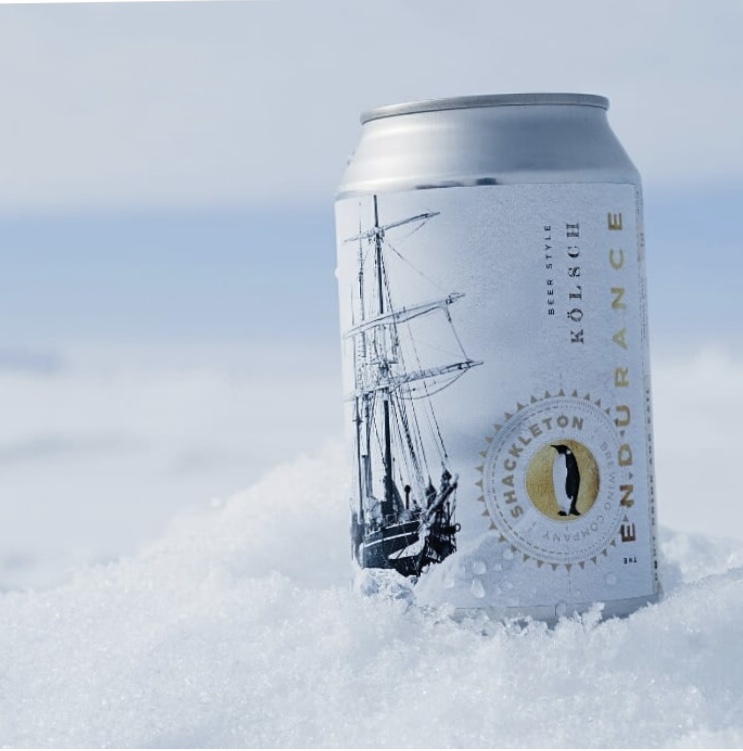
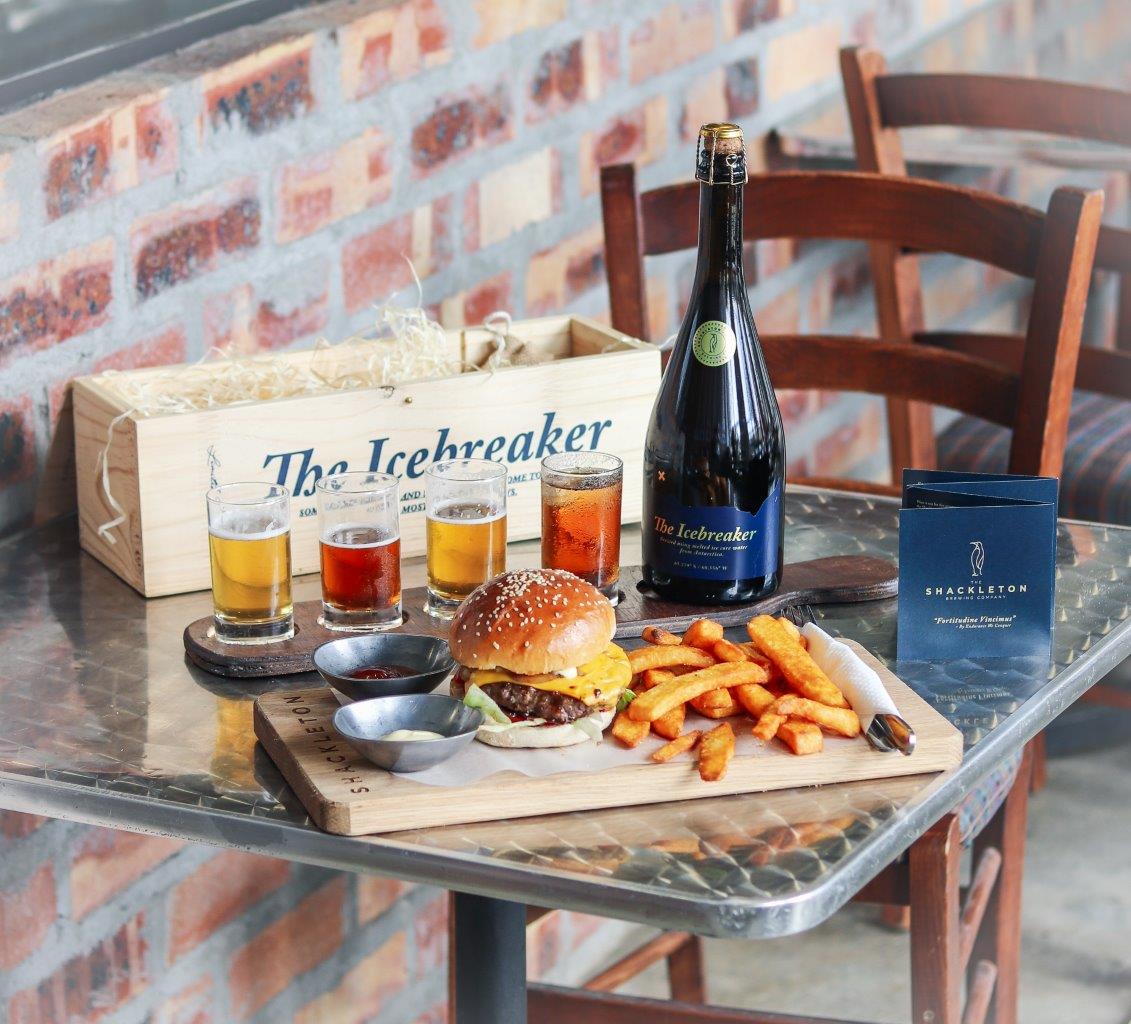
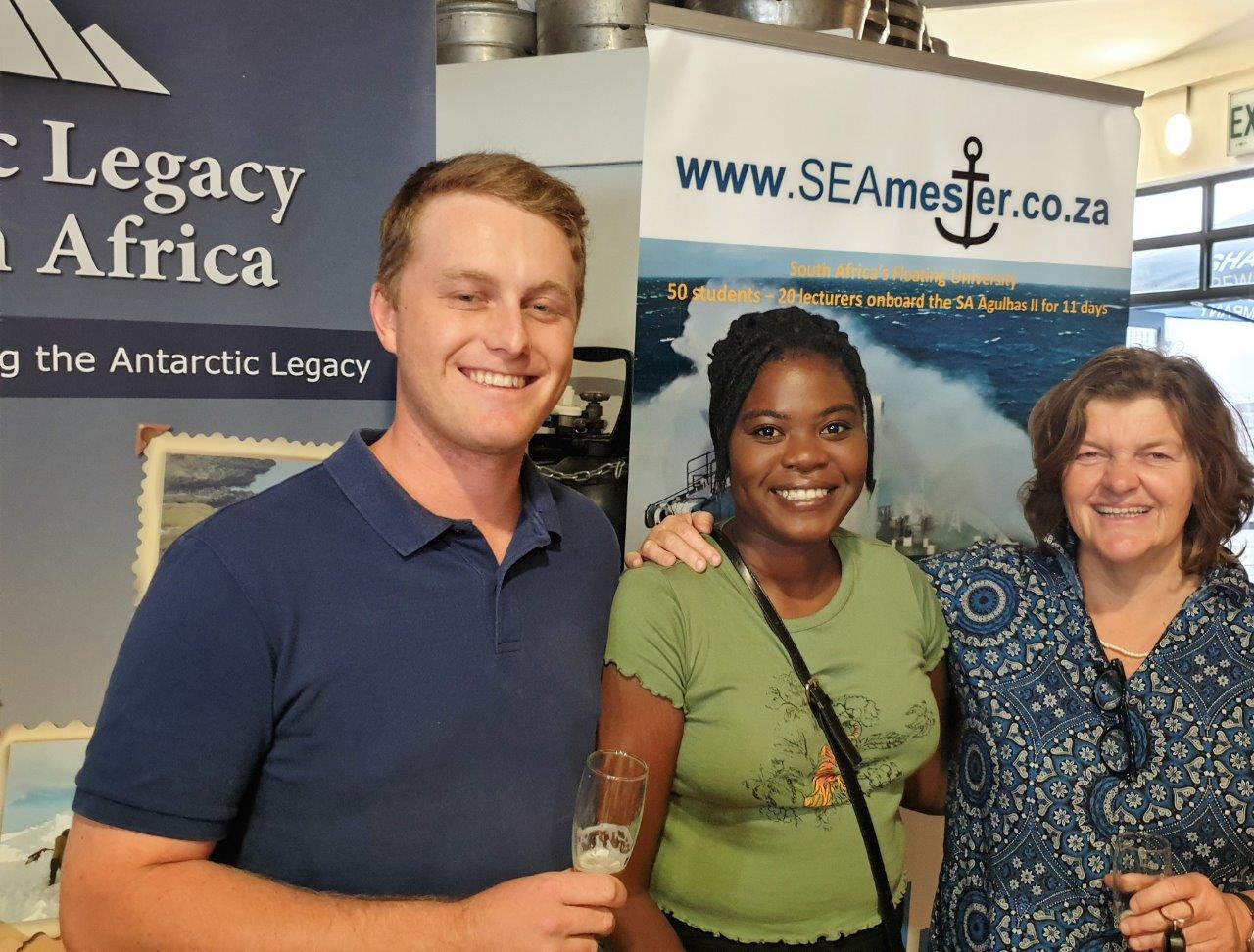 My message to future scientists and researchers: “I believe that science and exploration is a noble pursuit but undoubtedly a rewarding one. It is also our duty to better understand the world and how best to preserve nature its beauty. There is also infinite amount of problems to solve and hypothesize to prove. By becoming a scientist, I believe you are an explorer with intrigue and wonder. I have had the privilege of working with ground-breaking scientists and researchers who have dedicated their life contributing to our collective knowledge about the world.”
My message to future scientists and researchers: “I believe that science and exploration is a noble pursuit but undoubtedly a rewarding one. It is also our duty to better understand the world and how best to preserve nature its beauty. There is also infinite amount of problems to solve and hypothesize to prove. By becoming a scientist, I believe you are an explorer with intrigue and wonder. I have had the privilege of working with ground-breaking scientists and researchers who have dedicated their life contributing to our collective knowledge about the world.”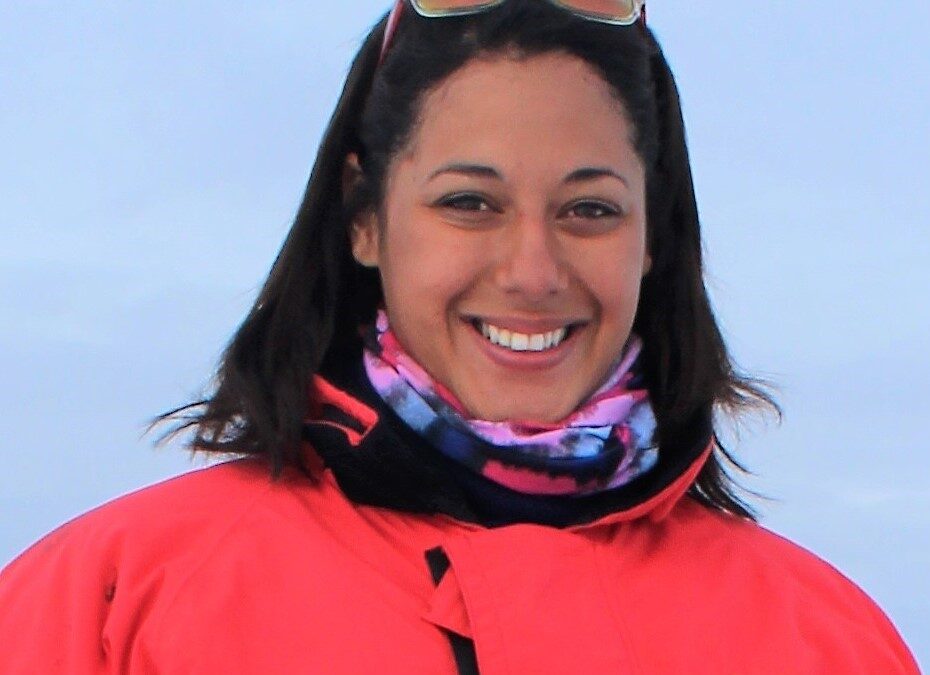
 Where did it all started for Tahlia: “From an early age I have had an unbridled passion for the ocean and understanding technology, which led me to pursue my studies in Oceanography at the Cape Peninsula University of Technology (CPUT). I chose to study here as it provided a platform to not only gain academic experience within an oceanographic context, but to also gain field experience. In my third year (2014) I was placed at Bayworld Centre of Research and Education (BCRE) in order to complete a number of research projects which spanned across an array of oceanographic disciplines, namely: Marine Instrumentation, Marine Resource Management, Ocean Sciences and Marine Outreach. This placement exposed me to the different aspects of oceanography and allowed me to find my particular field of interest. It was there, at BCRE, that I was exposed to physical oceanography, data processing and development of marine instrumentation. I knew that I had found my niche within the oceanographic community and would strive to further my education, work experience and continue to learn and grow within this sector. After earning a National Diploma, I completed a BTech degree where I continued to work part-time at BCRE and develop my final research project. This project focused on the development of two sub-sea moorings, each housing a 75 kHz Acoustic Doppler Current Profiler (ADCP), which I was fortunate enough to deploy between two sub-Antarctic Islands—Marion Island and Prince Edward Island—while aboard the research vessel, SA Agulhas II.
Where did it all started for Tahlia: “From an early age I have had an unbridled passion for the ocean and understanding technology, which led me to pursue my studies in Oceanography at the Cape Peninsula University of Technology (CPUT). I chose to study here as it provided a platform to not only gain academic experience within an oceanographic context, but to also gain field experience. In my third year (2014) I was placed at Bayworld Centre of Research and Education (BCRE) in order to complete a number of research projects which spanned across an array of oceanographic disciplines, namely: Marine Instrumentation, Marine Resource Management, Ocean Sciences and Marine Outreach. This placement exposed me to the different aspects of oceanography and allowed me to find my particular field of interest. It was there, at BCRE, that I was exposed to physical oceanography, data processing and development of marine instrumentation. I knew that I had found my niche within the oceanographic community and would strive to further my education, work experience and continue to learn and grow within this sector. After earning a National Diploma, I completed a BTech degree where I continued to work part-time at BCRE and develop my final research project. This project focused on the development of two sub-sea moorings, each housing a 75 kHz Acoustic Doppler Current Profiler (ADCP), which I was fortunate enough to deploy between two sub-Antarctic Islands—Marion Island and Prince Edward Island—while aboard the research vessel, SA Agulhas II.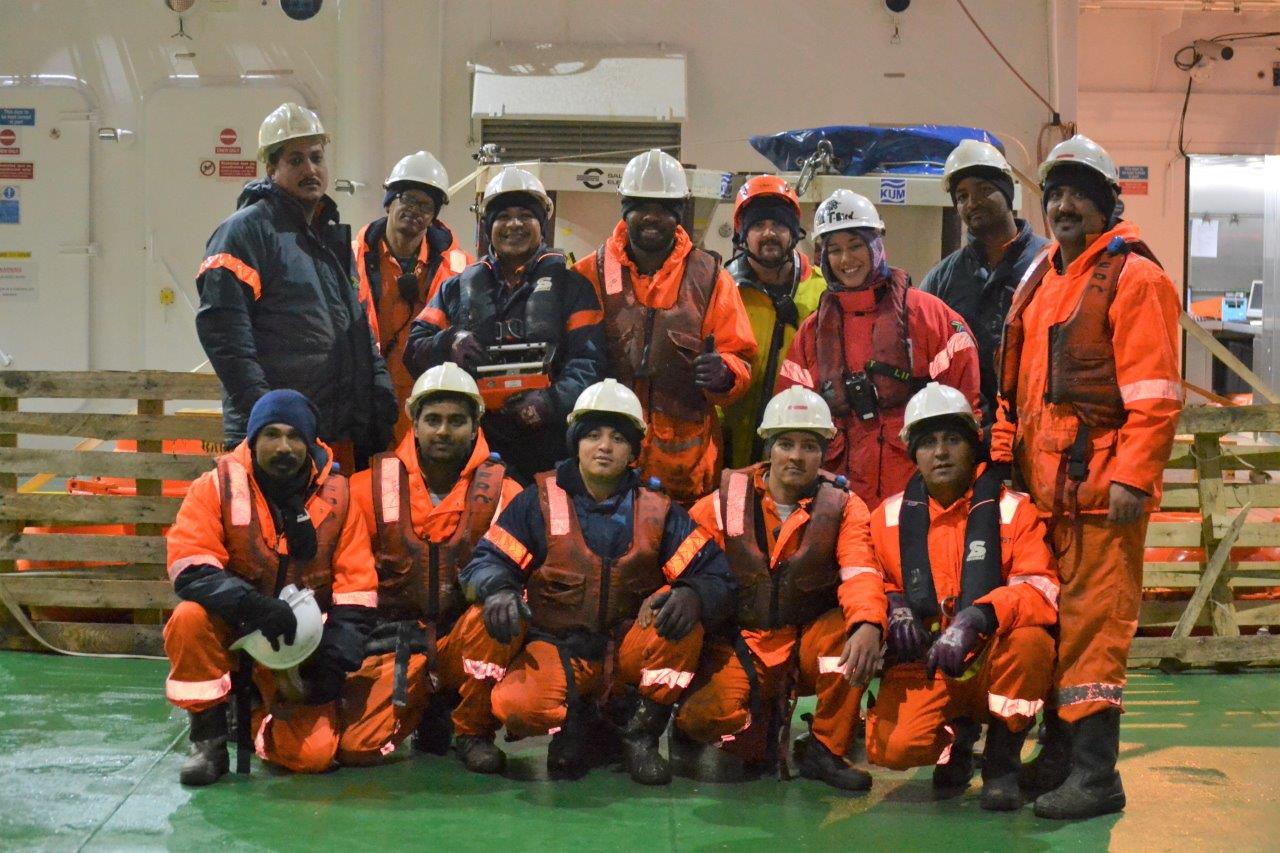
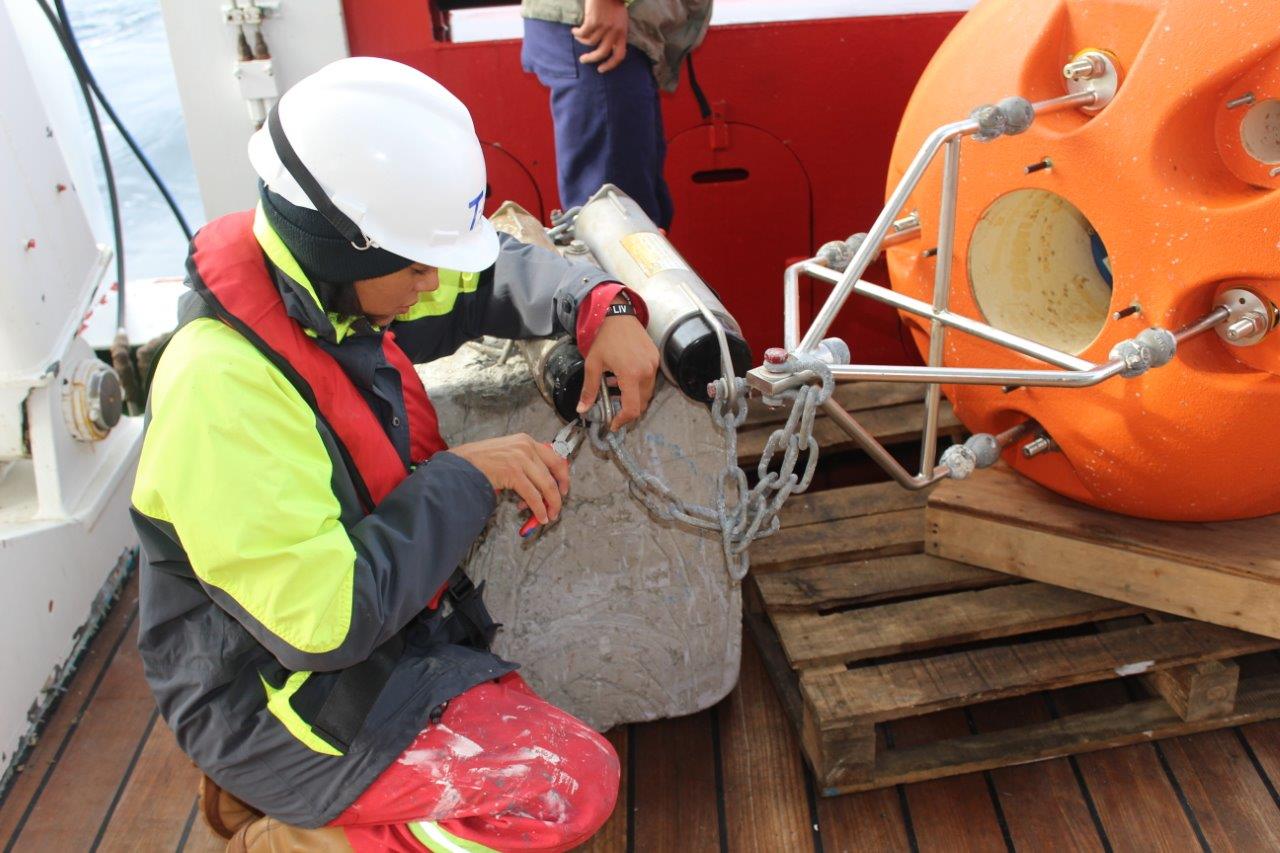 Following the completion of my BTech degree, I continued to work on this mooring data over the next four years, returning to Marion Island and ensuring the safe retrieval and re-deployment of the sub-sea moorings. The data collected formulated the basis of my MSc research project, entitled Impact of ocean variability on Shelf-Seas surrounding the sub-Antarctic Prince Edward Islands.
Following the completion of my BTech degree, I continued to work on this mooring data over the next four years, returning to Marion Island and ensuring the safe retrieval and re-deployment of the sub-sea moorings. The data collected formulated the basis of my MSc research project, entitled Impact of ocean variability on Shelf-Seas surrounding the sub-Antarctic Prince Edward Islands.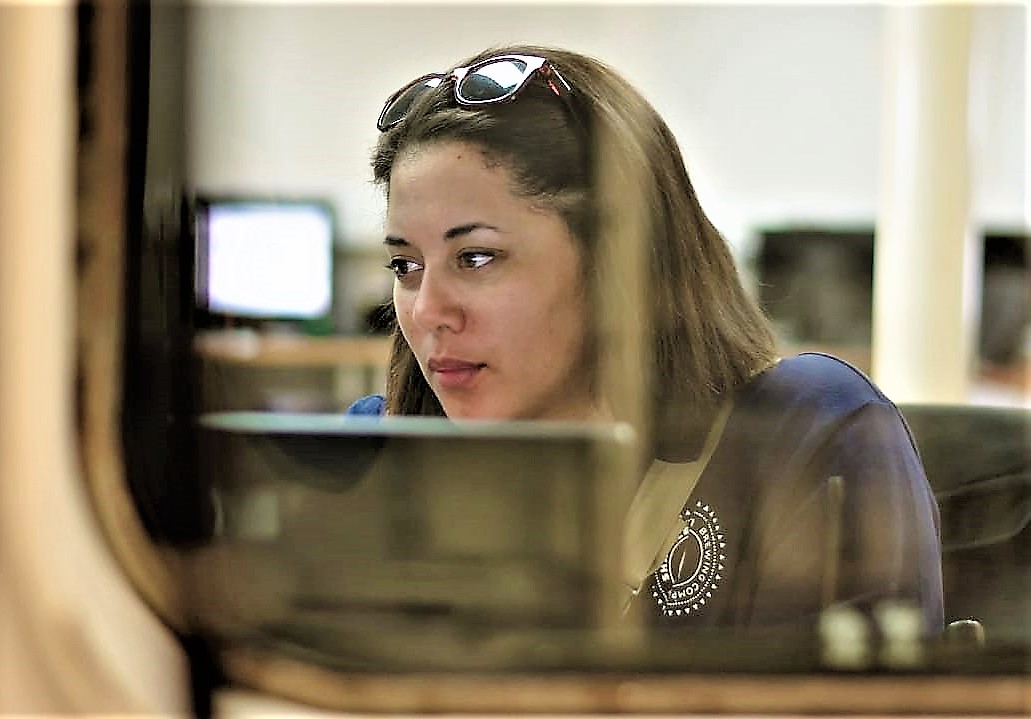
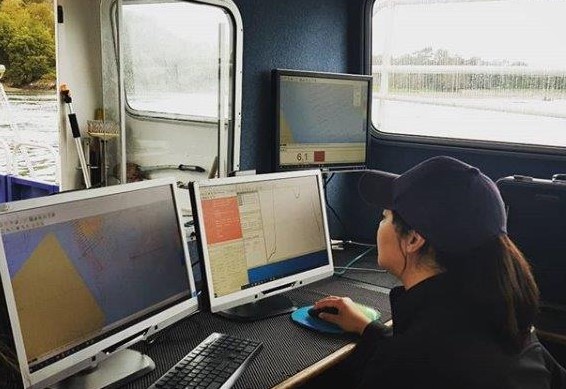
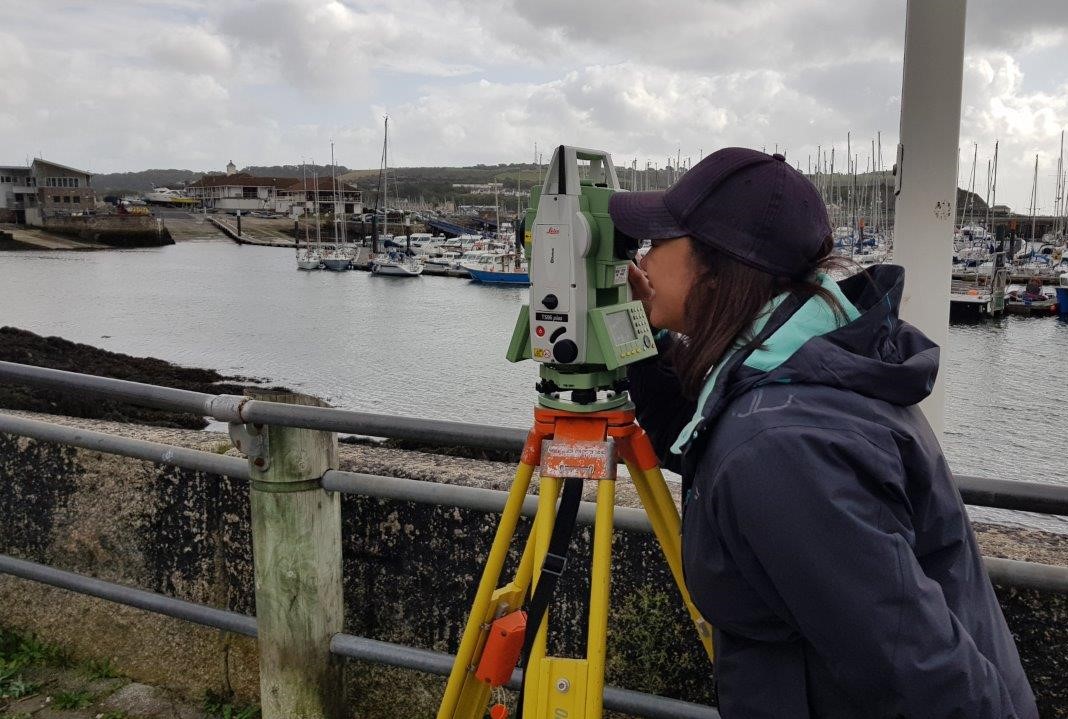 More recently I have been exposed to the commercial oceanographic industry by working as a marine technician for Lwandle Marine Technologies. Albeit a brief time spent with Lwandle, I have experienced a very different aspect of oceanography in practice. I worked on a variety of contracts utilising skills I’ve gained over the years such as commercial diving operations, in situ data collection and hands-on instrumentation repairs/maintenance. These contracts also opened the door to innovative ways of thinking, problem solving and team work. I was also involved in equipment sales, field trip logistics and ‘meet and greets’ with clients which have been a great learning opportunity.
More recently I have been exposed to the commercial oceanographic industry by working as a marine technician for Lwandle Marine Technologies. Albeit a brief time spent with Lwandle, I have experienced a very different aspect of oceanography in practice. I worked on a variety of contracts utilising skills I’ve gained over the years such as commercial diving operations, in situ data collection and hands-on instrumentation repairs/maintenance. These contracts also opened the door to innovative ways of thinking, problem solving and team work. I was also involved in equipment sales, field trip logistics and ‘meet and greets’ with clients which have been a great learning opportunity.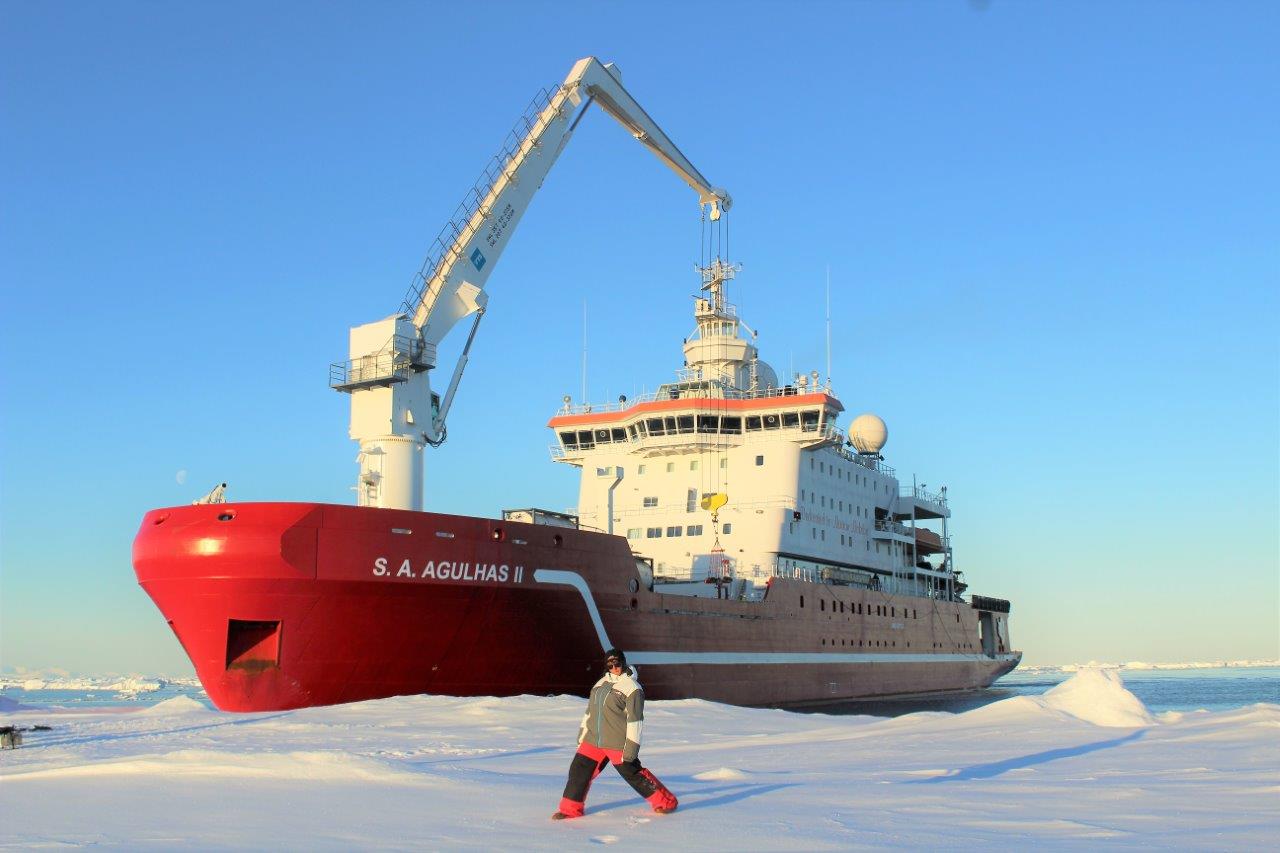
 In December 2018 I was hired by the
In December 2018 I was hired by the  I love my career as it is ever changing and growing with the current climate or latest technological advances. I have been able to see the world, visit remote and beautiful locations, sail the high seas and build incredible bonds with fellow scientists. It isn’t always an easy journey, but conquering the challenge of this lifestyle and career choice is what makes it worthwhile. The sense of adventure is never ending and I’m always learning along the way. Madame Curie once said that nothing in life is to be fear but rather understood, so that we understand more and fear less. I think this gives us a great sense of pride in what we do and to strive to be curious about our world, to best understand, preserve it and pass the torch on to future generations.
I love my career as it is ever changing and growing with the current climate or latest technological advances. I have been able to see the world, visit remote and beautiful locations, sail the high seas and build incredible bonds with fellow scientists. It isn’t always an easy journey, but conquering the challenge of this lifestyle and career choice is what makes it worthwhile. The sense of adventure is never ending and I’m always learning along the way. Madame Curie once said that nothing in life is to be fear but rather understood, so that we understand more and fear less. I think this gives us a great sense of pride in what we do and to strive to be curious about our world, to best understand, preserve it and pass the torch on to future generations.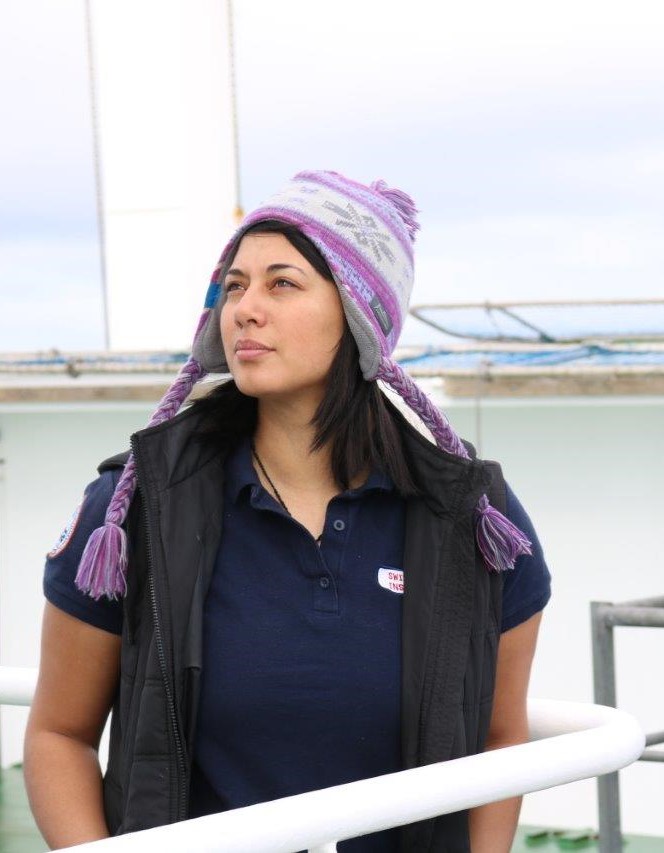 To future researchers, be diligent, work hard and persevere throughout your career. There will be challenging days but there will also be days that out shadow the challenges and fuel your passion for science. Always be teachable no matter your age, and always willing to learn and lend a hand to your fellow scientists. The work you do throughout your career will not only impact and improve your life but will pave the way for those coming up behind you. So take pride in what your work, rise up to the challenges and enjoy the journey! (Right: Photo credit:Alexander Oelofse during SEAmester)
To future researchers, be diligent, work hard and persevere throughout your career. There will be challenging days but there will also be days that out shadow the challenges and fuel your passion for science. Always be teachable no matter your age, and always willing to learn and lend a hand to your fellow scientists. The work you do throughout your career will not only impact and improve your life but will pave the way for those coming up behind you. So take pride in what your work, rise up to the challenges and enjoy the journey! (Right: Photo credit:Alexander Oelofse during SEAmester)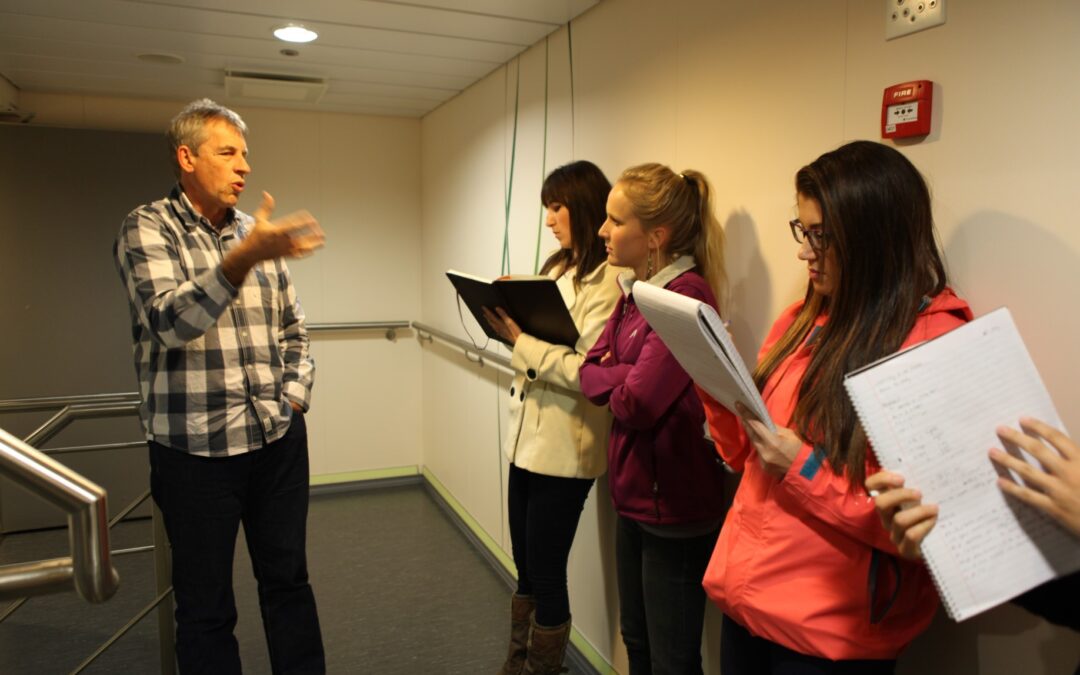



 Isabelle as a child always wanted to be an oceanographer. “When I was 13 my father sent me off for 6 months on a Tall Ship to sail around Africa. And so, having grown up on sailing ships and sailing the world at a very young age it seemed only natural to follow in my passion to build a career around the sea.
Isabelle as a child always wanted to be an oceanographer. “When I was 13 my father sent me off for 6 months on a Tall Ship to sail around Africa. And so, having grown up on sailing ships and sailing the world at a very young age it seemed only natural to follow in my passion to build a career around the sea.

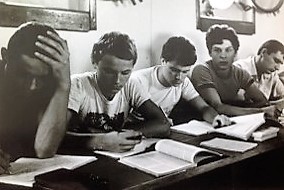 I first studied at
I first studied at 

 One of my first jobs at
One of my first jobs at 
 Isabelle’s Working Life: “I was employed as a lecturer at UCT in 2006 and have worked hard to build a career both nationally and internationally in observational oceanography. My passion and love for the sea can be seen in the many opportunities that I create for students both at UCT, and as can be seen from the
Isabelle’s Working Life: “I was employed as a lecturer at UCT in 2006 and have worked hard to build a career both nationally and internationally in observational oceanography. My passion and love for the sea can be seen in the many opportunities that I create for students both at UCT, and as can be seen from the 

 What drives me:” I love teaching students. Taking a student to sea and watching them learn and seeing their eyes light up when they first board the SA Agulhas II is extremely rewarding. Many of my former students have returned to sea either as senior researchers leading their own cohort of students, or they have built their career in marine management or moved into the academic field. It is so rewarding see young inexperienced students join a cruise and leave imbued with a new confidence and a passion for their discipline.
What drives me:” I love teaching students. Taking a student to sea and watching them learn and seeing their eyes light up when they first board the SA Agulhas II is extremely rewarding. Many of my former students have returned to sea either as senior researchers leading their own cohort of students, or they have built their career in marine management or moved into the academic field. It is so rewarding see young inexperienced students join a cruise and leave imbued with a new confidence and a passion for their discipline. “I am proud of the SEAmester programme and how we have been able to develop linkages with traditionally non marine universities both through their students joining as SEAmester students or their own Lecturers joining the academic programme. The state-of-the-art research vessel, SA Agulhas II, provides such an incredible teaching and research platform for this programme; its size, comfort and shipboard facilities allow groups of 46 students and 30 lecturers to productively interact over a period of 10 days as can the photo of Prof Gammon teaching students in the ship’s stairwell shows so well!.”
“I am proud of the SEAmester programme and how we have been able to develop linkages with traditionally non marine universities both through their students joining as SEAmester students or their own Lecturers joining the academic programme. The state-of-the-art research vessel, SA Agulhas II, provides such an incredible teaching and research platform for this programme; its size, comfort and shipboard facilities allow groups of 46 students and 30 lecturers to productively interact over a period of 10 days as can the photo of Prof Gammon teaching students in the ship’s stairwell shows so well!.” My advice to the young generation: “Four words – always take the initiative! In the UK the only sea-going opportunity I had was to work on the River Tamar outside of Plymouth! In South Africa our students go to Antarctica! But it takes you to make that difference. We have so many wonderful opportunities in South Africa and access to such incredible marine programmes and platforms but the sparkplug to get started must come from you. All academics get frustrated by students not willing to engage with their surroundings and
My advice to the young generation: “Four words – always take the initiative! In the UK the only sea-going opportunity I had was to work on the River Tamar outside of Plymouth! In South Africa our students go to Antarctica! But it takes you to make that difference. We have so many wonderful opportunities in South Africa and access to such incredible marine programmes and platforms but the sparkplug to get started must come from you. All academics get frustrated by students not willing to engage with their surroundings and 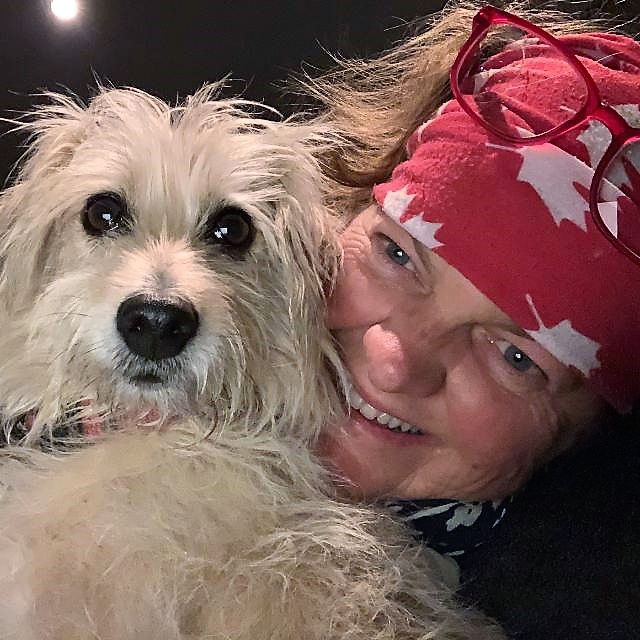 not even realise the enormous privilege it is to be on a research vessel such as the SA Agulhas II. You don’t have to be the brightest student in the class but by staying engaged, enthusiastic, interactive and dedicated to your studies you will always go much further in life. Opportunities are endless but it takes you to grab it!”
not even realise the enormous privilege it is to be on a research vessel such as the SA Agulhas II. You don’t have to be the brightest student in the class but by staying engaged, enthusiastic, interactive and dedicated to your studies you will always go much further in life. Opportunities are endless but it takes you to grab it!”
